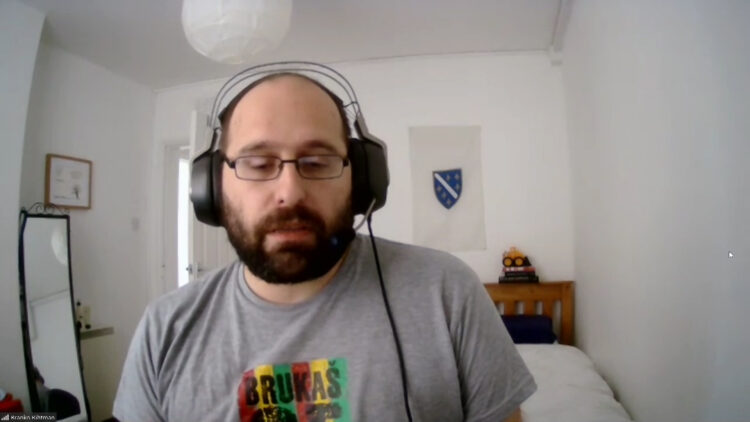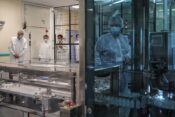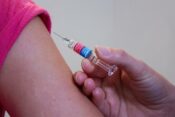
Science does not care about beliefs, it has facts and one of them is that vaccines have been proven safe and effective against nearly all diseases they were made for, said Bosnian research scientist at the University of Warwick, Branko Rihtman, who was one of the 1,077 people who volunteered to participate in the early-stage trial of the coronavirus vaccine that is was developed at the Oxford University.
Rihtman told N1 on Thursday that he was not afraid to receive the vaccine, explaining that 500 people had received it before him and that “this vaccine, like all others, is perfectly safe.”
But the microbiologist is not completely certain that what he received was the Oxford vaccine, and went on to explain the process of the research.
“Fifty percent of the participants received a placebo vaccine, and the other half received the real vaccine against COVID-19. I applied for it via an online form, they called me and asked a few questions about my health. They checked to see if I had been exposed to the coronavirus at a hospital in Birmingham. When the result came back negative, I received the vaccine in my shoulder,” he said.
“After the vaccination, they kept me there for half an hour to see if I would experience any side effects, and after that they let me go home. That was six weeks ago and since then I’ve been doing PCR tests every seven days. This is how they monitor whether everything is OK. For now, I'm negative, but whether the reason for that is the vaccine or the fact that I am taking care of myself – I don't know,” he explained.
Rihtman said that he decided to participate because he was curious and because he believes that “everyone needs to contribute as much as they can” to the fight against the coronavirus.
“Since I’m not a medical professional, I can’t directly help people who are sick, but I believe the only way for us to return back to normal is a vaccine,” he said.
The World Health Organisation said that there are currently 23 candidate vaccines against COVID-19 in development, but according to Rihter, the one developed at the Oxford University has great potential and could already be available to the population in September or October.
He explained that “the goal is for the vaccine to be available before the flu season begins in order to avoid the overburdening of the health system.”
Rihter also had a message for those promoting conspiracy theories regarding the coronavirus or vaccines in general.
“It’s very simple – science doesn’t care what about beliefs, it has facts. Vaccines have eradicated nearly every disease they were made for,” he said, adding that “some argue that vaccines are like the European Union – a solution that is so good that we forgot what the problem was in the first place.”
“It has been proven that vaccines are safe, efficient and that they eliminate the problem. Every argument against vaccines, such as that they may cause various diseases, is categorically disproven,” he said.
“Now, it is up to us – will we be guided by facts or by irrational fears? I hope that people will be guided by the common good and not by personal beliefs in deciding on vaccination,” he concluded.






